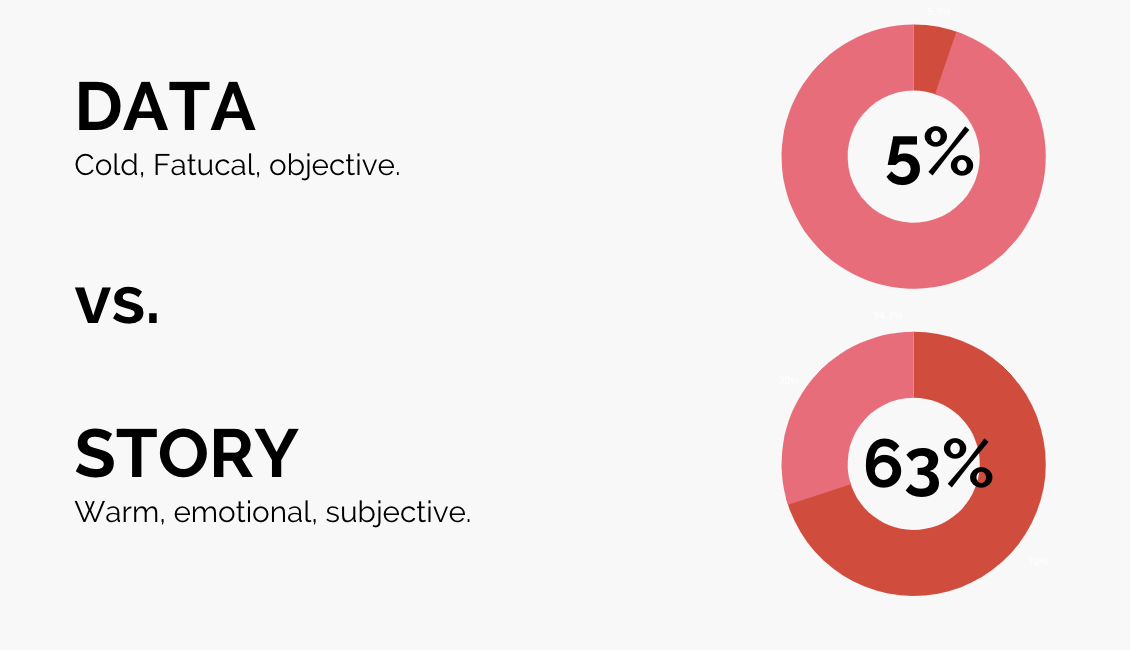Have you ever wonders what storytelling is and if you can incorporate that into your business? But how can you master telling compelling stories?
When was the last time you told someone a story?
Could have been a story about your kids, or what you did on your last holiday or a simple day to day story.
Each and every day we experience something that we can tell a story about. Now let’s find out how we can tell a compelling story in our business.
Why do we tell stories?
Stories engage our senses. Stories engage the brain at all levels: intuitive, emotional, rational, and somatic.
Stories bring us closer together.
Stories move us to feel - Stories allow the listeners to emerge into a new world.
Stories move us to act - Can elicit a sense of empathy, urgency, or affliction.
by Nancy Duarte
How do you tell a story?
Let’s take “Lord of the rings” as an example.
The Hero wants something - in this case, it’s Frodo the Hobbit who has to destroy the ring.
but has a problem - Frodo has a long and dangerous way ahead to Mount Doom.
Meets a guide - Gandalf
who gives them a plan - Gandalf tells him what and where to go with the ring.
that helps them avoid failure - gives him tips to survive his journey.
and ends in success - to destroy the One Ring in the fires of Mount Doom where it was forged.
Remember
A good story is about survival, anything else will boar us. For example in business = save money, time, recourse or productivity.
Facts aren't as memorable as stories!
As humans, we need images to be able to visualise or remember a story. Facts are very hard to remember so that is why we have to make sure to have some compelling images to go with your story!
Basically, it means telling stories instead of just listing facts. Because just as I said earlier, good stories engage better. They also stick longer in your audience's mind. Good stories engage your audience.
When do businesses use stories?
There are three different approaches to storytelling in business. First of all, you can simply use the form of a story to present whatever you have to say to your audience. Another approach is telling actual stories or anecdotes to make a point. Or you can also use storytelling techniques to trigger the same effect in people as stories do.
For example:
To describe traditions, values, goals, and visions.
To activate new recourses - eg. to get new employees into the team.
Define the needs of your customers.
To define and visualise processes.
To market your service or product.
Do you feel like you are using stories to tell your employees your business values or do your customers get the chance to engage all their senses when listening to your product story?
“As with all decisions, people don’t buy WHAT you do, they buy WHY you do it, and WHAT you do serve as the tangible proof of WHY you do it. ”
Why Stories matter
If we confuse, we lose! So start today and tell your story!
Would you like to learn more about how you can effectively tell stories in your business and attracts the right clients? We offer workshops or an online training to get your story to stick!




